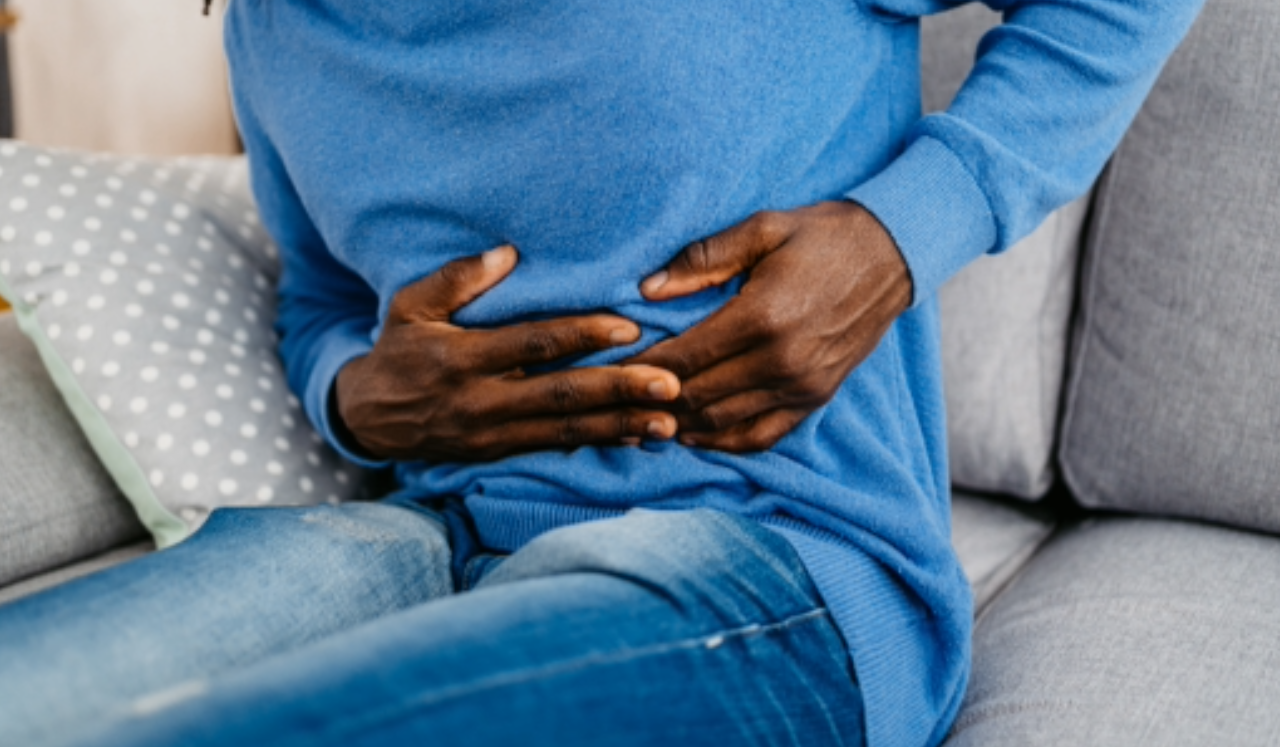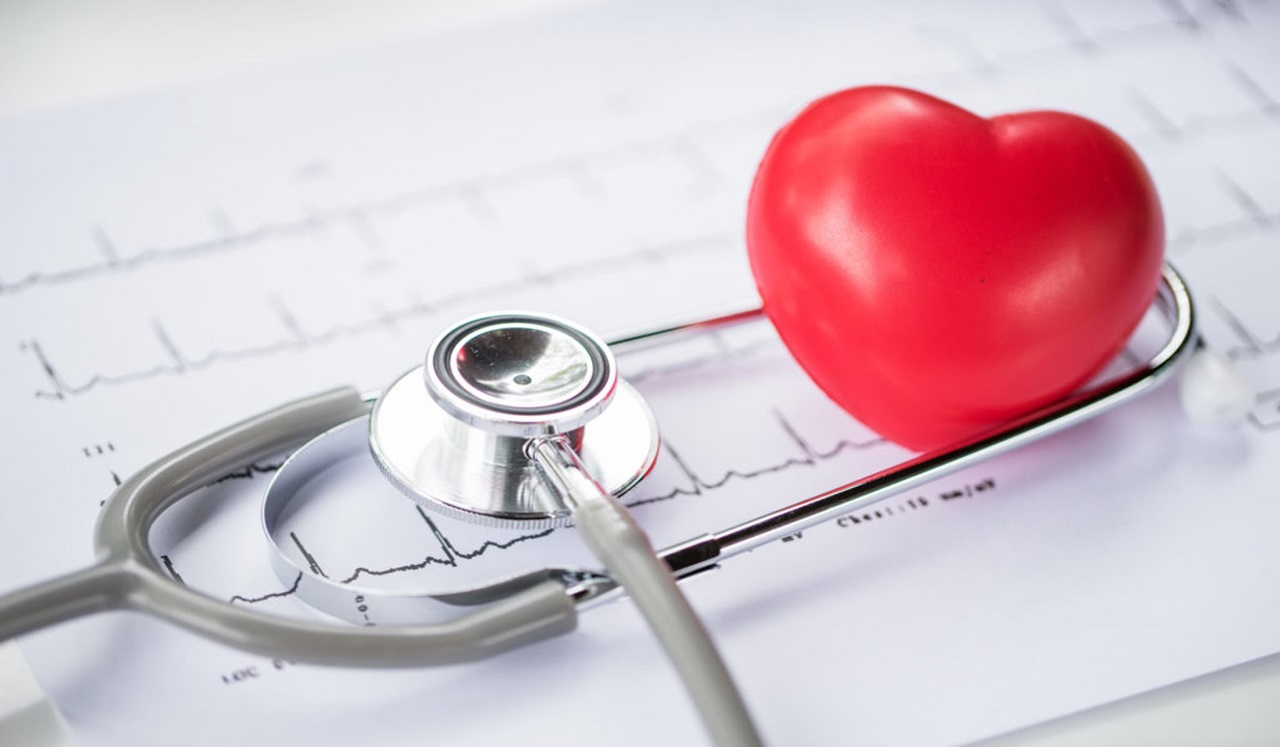As the holidays approach, tempting treats seem to multiply at home, at work— pretty much everywhere. Your stress levels are also compounded by endless to-do lists at this time of year.
If you indulge on snacks as a result, it’s understandable, and even expected to some degree. But some pains linked to overeating should not be brushed off with a “‘tis the season” shrug.
“We’re usually a little more lax with our diet at the holidays, when overeating is encouraged,” says Dr. Felix Spiegel, MD, general gastrointestinal surgeon at Memorial Hermann Medical Group (MHMG) Memorial City.
Still, not everyone fares well when they’re stuffed. If you feel burning, chest pain, cramps or bloating regularly after eating, you may have a digestive issue that needs addressing regardless of the time of the year.
Dr. Spiegel breaks down what may ail you—and how to handle it.
Heartburn
Signs: When you overeat, your stomach distends because there’s not enough space for your food and digestive juices. This causes digestive acids to back up into your chest, which results in heartburn.
“If you were feeling perfectly fine before you started eating and then feel indigestion, severe acid reflux or bowel distress within an hour or two, the amount you ate or the food combinations may be to blame,” Dr. Spiegel says.
If you’re nauseous or still feel poorly six to 12 hours after eating, you may have a stomach virus or food poisoning. “Bacteria takes time to incubate,” says Dr. Spiegel.
Triggers: Beyond overindulging, heartburn symptoms can be triggered by certain foods and drinks. Garlic, onions, spicy foods, chocolate and alcohol—especially red wine—can be culprits.
Prevention: Avoid overeating, or at least eat something to coat the stomach before having food that is likely to give you heartburn. You could take antacids or acid blockers for a few days before drinking red wine, Dr. Spiegel says.
Avoid depriving yourself of food during the day and overcompensating all at once. “If you don’t eat much the day of a feast, you may be starving and more likely to gorge,” he says.
Instead, try eating at least one regular meal and mentally prepare to avoid huge portions and second helpings. “Eat what’s healthy first. And just because food and alcohol are present doesn’t mean you have to have all of it.”
Treatment: Occasional heartburn that can be tied to the holidays isn’t a health hazard that requires special treatment.
GERD
Signs: If heartburn is continuous despite curbing indulgences, you may have acid reflux, or GERD, which stands for gastroesophageal reflux disease.
This means the stomach acid that’s needed to digest your food repeatedly backs up into the esophageal tube linking your throat and stomach. Such backwash, or acid reflux, can irritate the lining of your esophagus. It also can cause morning hoarseness since acid has reached your vocal cords during the night while you were sleeping.
When to seek treatment: “If you have acid rising into your throat with accompanying heartburn once in a few weeks, that may be a sign to avoid the foods that trigger it,” Dr. Spiegel says. “But if you have heartburn that lasts more than a few hours and more than a couple of times weekly, see a doctor.”
A gastroenterologist may order an upper gastrointestinal endoscopy, in which a narrow flexible tube with a camera and light is lowered through your throat into your stomach. Another test, pH monitoring, measures the amount of acid rising into the esophagus.
Treatment: Besides avoiding certain foods, you can treat the symptoms by taking over-the-counter drugs—antacids and acid blockers—to control your stomach acid.
But you must avoid prolonged use of acid blockers, such as omeprazole. “Recent studies show that staying on those medications for long periods can cause complications,” Dr. Spiegel says. “You may still have acid reflux, but just don’t feel it.” These complications can lead to irreversible effects causing gastric polyps, a possible precursor for cancer.
Surgical solutions also exist to reduce or prevent acid from refluxing back up into the esophagus.
Related Conditions and Treatments: If not corrected, long-lasting GERD that has persisted for months or years can lead to Barrett’s esophagus, a condition in which the esophageal lining is damaged due to acid exposure. This condition can in turn lead to esophageal cancer, which can be life-threatening.
“Signs may not develop until cancer is advanced and a blockage makes it difficult to eat,” Dr. Spiegel says. “That’s why endoscopy is important for anyone who has persistent GERD.”
Tests also may reveal other conditions such as a hiatal hernia, which refers to weakening of the diaphragm, or muscles at the lower end of the esophagus. This form of hernia can allow part of the stomach and acids to enter the esophagus.
Smoking, stress and obesity can lead to a hiatal hernia. Though medications may mask the problem, they won’t fix it in the long term.
But such a hernia can be fixed surgically, often on an outpatient basis, Dr. Spiegel says. “It’s not major surgery unless it’s been neglected for years.”


